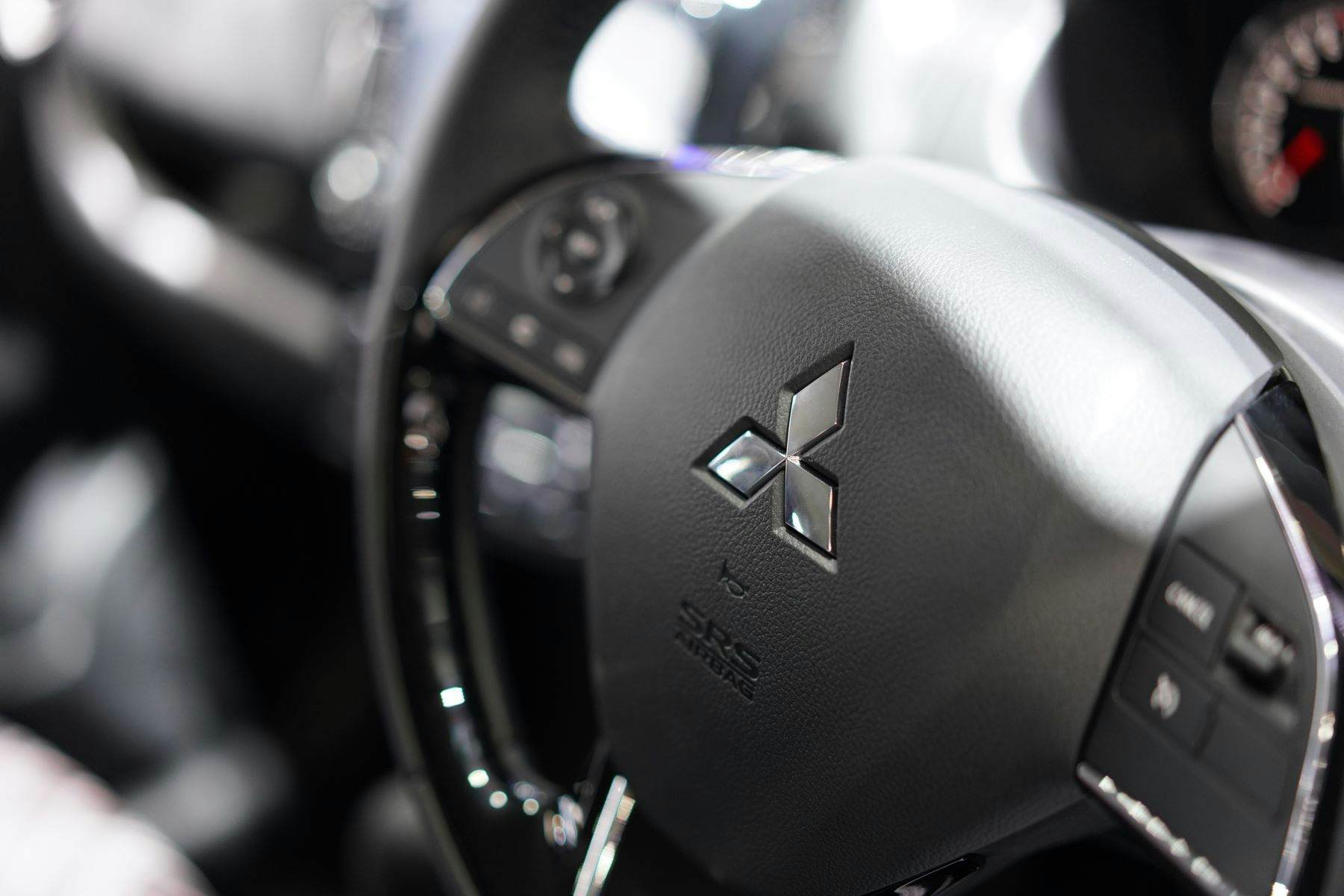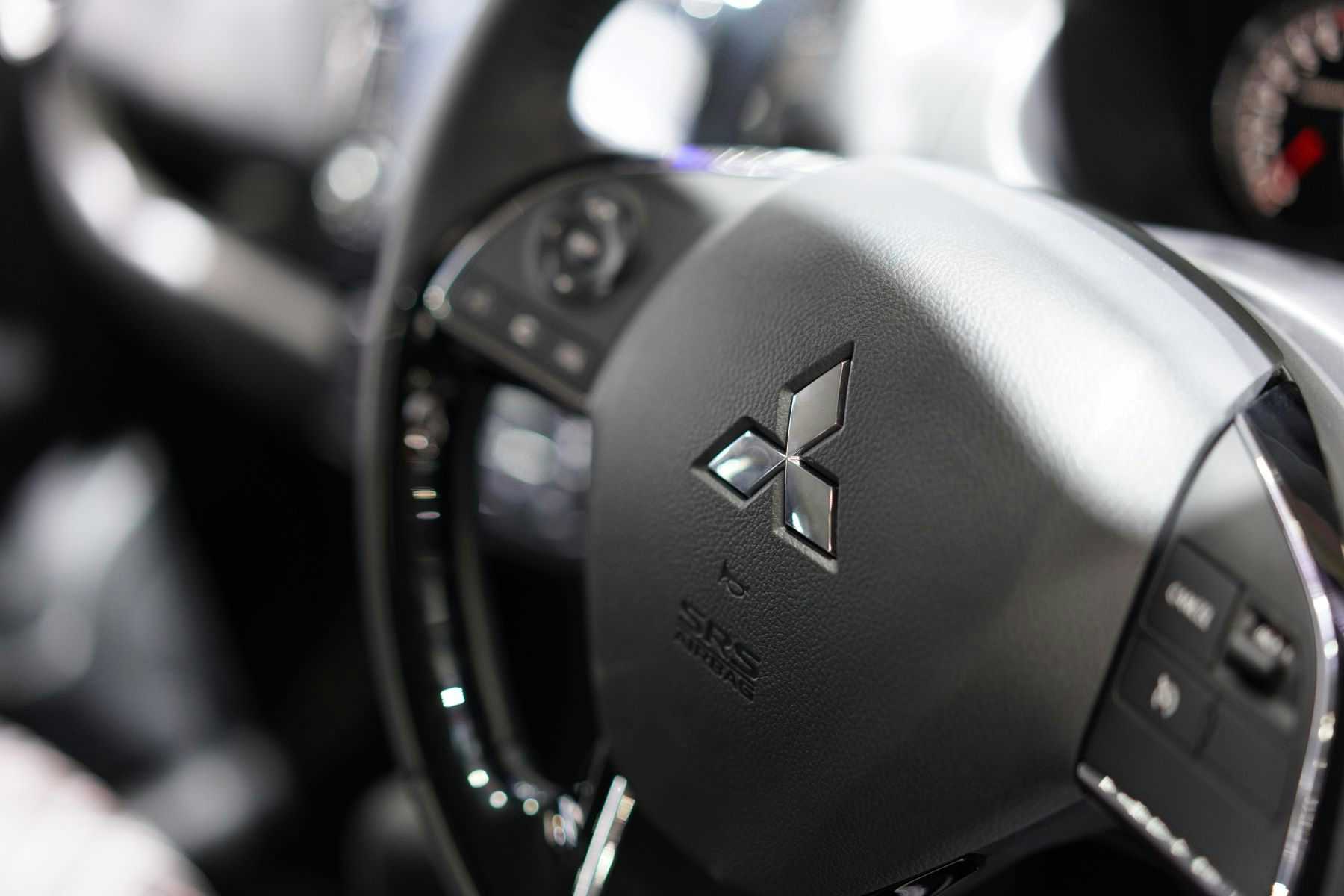What Happened?
On November 11, 2017, plaintiff Francis Amagasu (age 58) and his son, Katsutoshi, were traveling in Buckingham Township, Pennsylvania when the plaintiff attempted to maneuver around another vehicle and lost control of his 1992 Mitsubishi 3000GT. The car drove off the roadway and rolled over. During the rollover, the plaintiff became partially ejected from his seat, despite wearing his seatbelt. As a result, he sustained injuries to his spine, neck, head, and other parts of his body, rendering him paralyzed from the neck down. Plaintiff lives in a rehabilitation facility and is unable to resume his day-to-day life due to the severity of his injuries.
The plaintiff’s wife, acting on his behalf as his power of attorney, brought a lawsuit against Mitsubishi under theories of negligence and strict liability. The complaint alleged that the vehicle was defective and unreasonably dangerous in that its structures were not adequate to protect its passengers from rollovers and that it did not contain a proper restraint system, seats, seatbelts, or steering system, among other claims. The complaint also alleged that the vehicle failed to meet all applicable and reasonable safety standards and failed to warn consumers of its dangerousness. The plaintiff asserted that the actions of Mitsubishi constituted willful and wanton misconduct in disregard of safety.
The plaintiff also brought a lawsuit against the car dealership for negligent maintenance, repair, and inspection, but those claims were settled prior to trial.
The Trial and Verdict
At trial, the plaintiff argued that Mitsubishi’s seatbelt was defectively designed because its “rip-stitch” design released four inches of slack, which during the collision, caused the plaintiff to strike his head on the car roof. According to the plaintiff, the belt was designed to come apart during impact, allowing the driver’s body to move forward into a deployed airbag. But upon the plaintiff’s crash, the amount of slack of the belt was more than the distance between the plaintiff and the roof, which caused him to hit his head. In addition to the seatbelt design, that particular model of the 3000GT did not account for the amount of space between the driver’s head and the roof. As the vehicle rolled over, the plaintiff was not fully restrained by the seatbelt. Unlike the plaintiff, the plaintiff’s son’s seatbelt did not have the rip-stitch design because the passenger seat did not contain an airbag. The plaintiff also asserted that the company failed to conduct rollover testing. The plaintiff’s attorneys argued for punitive damages, contending that Mitsubishi acted recklessly in its seatbelt design and that a large award was needed to punish and deter the company from engaging in similar conduct.
Mitsubishi’s counsel maintained that there was no evidence to suggest willful conduct and that the company complied with all industry and government safety standards. The defense put forth several expert witnesses to attest to the reasoning behind the seatbelt design, but the plaintiff’s counsel cited the owner’s manual which stated that there should be no slack in a seatbelt.
The jury deliberated for four-and-a-half hours after the week-long trial before rendering its verdict. The jury found Mitsubishi liable for the plaintiff’s injuries and awarded $176.5 million for lost earnings, medical care, and loss of consortium, and $800 million in punitive damages.
“One feels validated when the jury sides with you,” commented Daniel Sherry, one of the Plaintiff’s lawyers, from the law firm Eisenberg, Rothweiler, Winkler, Eisenberg & Jeck P.C. “Given the evidence of the case, given the enormity this man has suffered — and will continue to suffer — given the extraordinary reckless conduct of Mitsubishi, the verdict was not surprising.” As Wes Ball, of Kaster Lynch Farrar & Ball, another one of the law firms that represented the plaintiff, adds, “he’s in a 10-by-12 room and has had to relearn how to speak. But he testified and the jury heard his voice, loud and clear.”
Mitsubishi indicated that it would appeal the verdict, referring to the award as “egregious.” “We believe there are significant legal and evidentiary issues to be addressed on appeal,” a company spokesperson wrote via email. “Mitsubishi Motors vehicles are and have been among the safest on the road, having won multiple safety awards to attest to that fact.”
The plaintiff’s attorney, Sherry, stands by the award, noting that it is not an uncommon figure in liability lawsuits and that punitive damages “can run 10 times the amount of damages for such things as medical bills and lost wage.” In light of Mitsubishi’s intent to appeal, it is unclear when Plaintiff will actually receive the award, which will affect his ability to leave the rehabilitation facility where he has been living. As his attorney explains, “[t]his amount of money was in part to send him home, to make sure he gets the care he wants… [h]is wife testified that it was her hope that they could breathe the same air again.”




